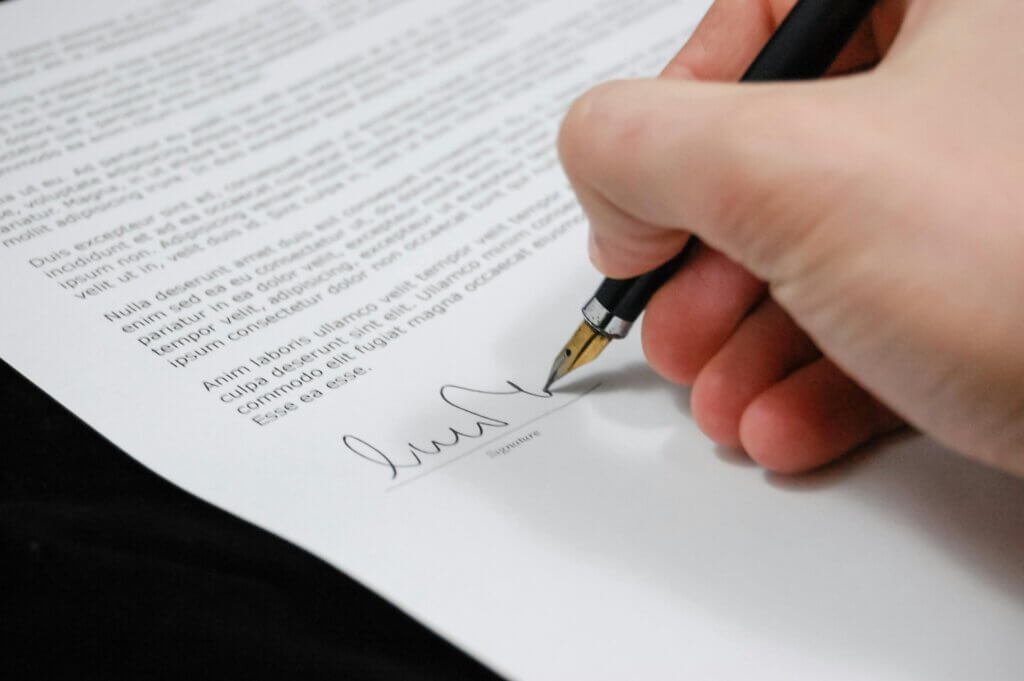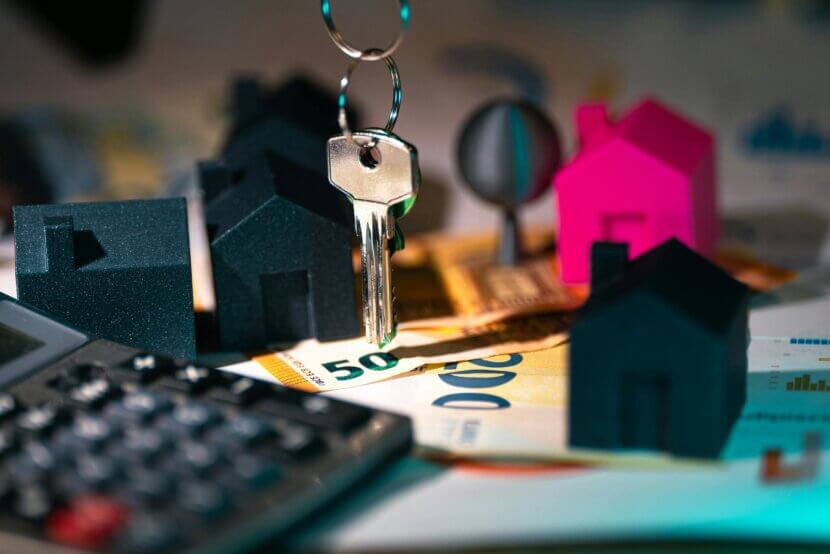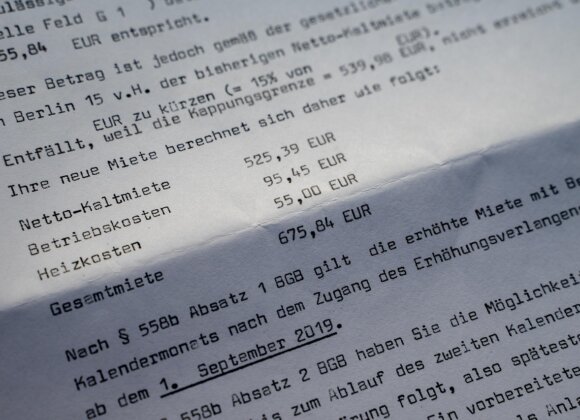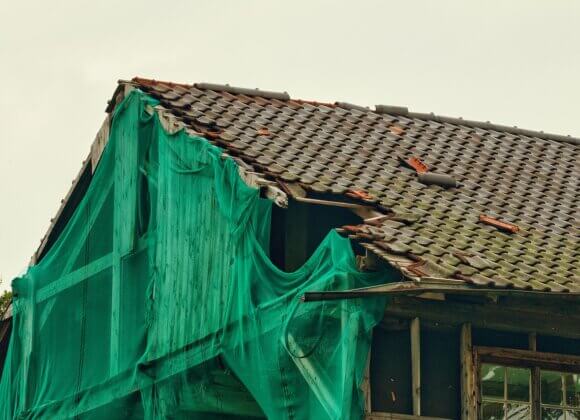Anyone renting an apartment usually has to pay a deposit. Walter Rosifka, housing law expert at the Vienna Chamber of Labor, explains what this means.
What is the deposit for?
The landlord uses the deposit to secure claims against the tenant. If the tenant fails to pay the rent or if the landlord has to repair damage caused by the tenant after the tenant has moved out, he can use the deposit to do so.
WhatüWhat can the landlord use the deposit for?
On the one hand, the deposit can be used to pay outstanding rent and, on the other, as compensation for damage to the rental property caused by the tenant. However, the landlord may only demand compensation for damage that goes beyond normal wear and tear. The calculation is not based on the new value, but on the current value of the damaged piece of furniture or part of the apartment.
Do I always have to pay a deposit?
Tenants are not legally obliged to pay a deposit. At the same time, however, landlords are not prohibited from demanding one. In this case, however, this must be agreed in the tenancy agreement. Otherwise, the tenant is not obliged to pay a deposit.
How high can the deposit be?
There is no legal upper limit for the deposit, so the amount is a matter of negotiation. “As a rule, three months’ gross rent is customary,” says Walter Rosifka. The Supreme Court sets the upper limit for the maximum permissible deposit at six months’ gross rent.
When is the deposit to be paid?
After signing the rental agreement. Depending on the agreement, it can be handed over in cash, but also as a savings book or bank guarantee. In any case, have the handover of the deposit confirmed in writing.
Are there any specifications as to how this must be assessed by the landlord?
Landlords are obliged to invest the deposit at the benchmark interest rate – either in a savings book or in another form of investment. However, this must offer the same interest rate and security as a savings book. Both must also be ring-fenced from the landlord’s private assets.

When does the deposit have to beübe paid back?
The deposit must be repaid immediately after the end of the tenancy, provided there are no justified claims by the landlord. If this is the case, the landlord can retain the deposit in the amount of the claim. However, the excess amount must be transferred to the departing tenant.
What happens if the landlord sells the apartment?
The new owner, and therefore the new landlord, must then refund the deposit after the end of the tenancy.
What happens if the landlord goes bankrupt?
As I said, the landlord must keep the deposit separate from his assets. In the event of insolvency, the tenant has the right to separate the deposit.
What to do if the landlord does not return the depositüpay it back?
If the tenant does not give a reason or gives a reason that the tenant considers to be inappropriate, tenants have no choice but to initiate proceedings to reclaim the deposit at the arbitration board or the relevant district court. Incidentally, you can reclaim the deposit up to 30 years after returning the apartment. A tip: Take photos of the apartment both when you move in and when you move out to document its condition. This can prove very helpful in the event of a dispute.

Photo credits: Erwin Schuh
Related posts:
Open-ended tenancy agreement: What you always wanted to know













